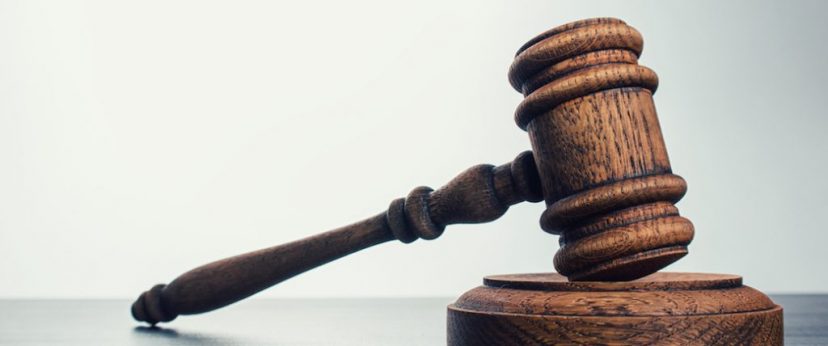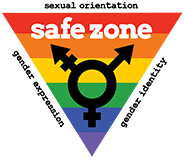
If you’re like us, you’ve had a lot more time (or at least more excuses) to watch Netflix, read books, and listen to podcasts. We’ll be sharing some thoughts from our favorite shows and podcasts over the next few weeks and we’d love to hear what you are watching or listening to as you shelter-in-place!
Content warning: Discussion of sexual assault. If you may be triggered, use caution in reading ahead or call us at 815-756-5228.
We’ve mentioned before that we were listening to Chasing Cosby. It is a difficult podcast to listen to. You come face to face with survivors who bravely share their experiences with sexual assault, fear, and betrayal. Not only did they experience a violation of their bodies and their choices, but their trust was violated. Cosby had built an image of himself as a paragon of virtue, a family man, someone they could trust to help them. And he used that image, that mirage to hurt them.
It took decades for him to be found guilty of his crimes.
In the last episode of the podcast, several of the survivors meet for a live-recorded episode. They (and the podcast host) answer a series of audience questions. One of the most poignant is the question, what does justice look like for you?
Many of us might assume we know what their answer would be. Many of us would assume justice was served. Bill Cosby was found guilty. Bill Cosby is in prison. Is this justice? For some of the women, the answer is yes. For others, no. There is no justice. There can be no justice.
There is no undoing what Bill Cosby did. There is no way to un-assault someone, no way to erase that crime or all of the trauma that followed. A harm-doer ending up in prison may send the message to others that this behavior will not be tolerated, but it doesn’t fix or change what they did.
Survivors deserve more.
Many survivors feel the deep lack of justice from harm-doers who can’t admit they have done something wrong. Many of Cosby’s survivors noted that what they wanted most was an apology. They wanted Cosby to acknowledge that he had hurt them, to show that he knew he had done something wrong, and wouldn’t do it again. They’ve been denied that justice.
Survivors aren’t asking for justice because they want to punish someone or perpetuate a cycle of pain. They are asking for justice because they believe in a better world, because they want to make the world a safer place. They want true justice because they are strong.
Many survivors have found comfort in seeing other survivors come forward, in supporting other survivors. The courage and strength in finding justice in fighting for other survivors is the heart of this movement. I believe in a future without sexual assault or violence because I have seen the courage of survivors who life one another up. I believe in a future without violence, because I know survivors are fighting not only for their own justice, but for others. They fight for other survivors, but also for no one else to ever be put in a position to become a survivor.
The survivors of Bill Cosby not only fought for him to be held accountable, but also fought to change statute of limitations for sexual assault in states around the nation. They have made it possible for victims to report abuse when they feel safe and able to do so. They not only held Cosby accountable, they changed the world for other survivors.
You have no responsibility to anything but your own healing, but survivor, we hope you know just how powerful you are.
You will change lives, just by healing. You will encourage other survivors. You have the ability to change the world for the better. Organizations like Safe Passage only exist because of the strength of survivors who came together to create these services and because of survivors who work in this field each and every day.
Justice does not look like a courtroom, a judge, or a sentence. Justice isn’t found in jail cells or handcuffs. Justice is a world without violence. Justice is a world where we are ALL safe. Justice is what we are fighting for. And we will never give up.



